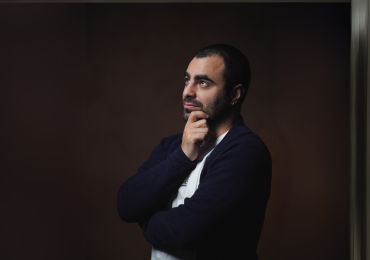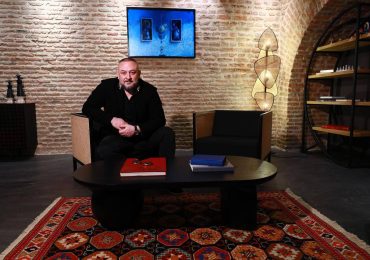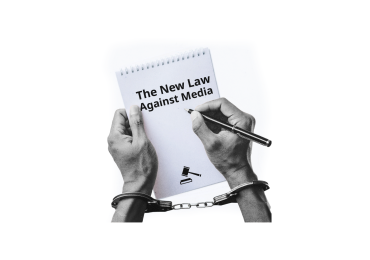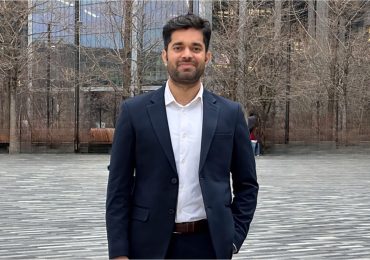Georgia might not get 60 million euro from EU. The ruling Georgian Dream party has pushed through six judicial appointments for the Supreme Court in an extraordinary session at the Parliament, neglecting international warnings that the move would contradict the April 19 EU-brokered deal.
This resulted in strict comments from the US Department of State and EU. EU said top court appointments in Georgia defy April 19 deal and that EU aid is conditioned on court reform. Secretary Blinken said he was ‘deeply troubled’ by top court appointments in Georgia.
The appointments coincided with a tense day at the Georgian Parliament on the background of calls for the Government to resign, following the death of Aleksandre (Lekso) Lashkarava, a TV Pirveli cameraman brutally assaulted by a homophobic mob during the anti-LGBTQ-rally.
Foreign officials, diplomats and lawmakers have issued reactions to the death of TV Pirveli cameraman, and reiterated condemnations of the July 5 violent acts that culminated in attacks on more than 50 journalists, resulting in the fact that now media demands the resignation of the Prime Minister of Georgia Irakli Gharibashvili.
US Ambassador to Georgia Kelly Degnan, EU Ambassador to Georgia Carl Hartzel, French Ambassador to Georgia Diego Colas, MEPs Andrius Kubilius and Rasa Juknevičienė, Vice-President of the European Parliament Marcel Kolaja, U.S. Senator Jim Risch, Latvian Foreign Minister Edgars Rinkēvičs, Foreign Minister of the Netherlands Sigrid Kaag, Swedish Foreign Minister Ann Linde – all have publicly condemned the violence, maintaining that attacks on journalists are unacceptable.
When asked if the US Government planned to impose personal sanctions against those officials in the Georgian Government who were directly responsible for the violence, US State Department Spokesperson Ned Price answered: „As you know, we don’t preview sanctions before we enact them. But we are following the situation very closely“.
The EU Delegation to Georgia and 24 embassies of EU Member States have also addressed a strongly-worded letter to the Georgian Government, sharing their concerns about „recent events that have cast a shadow over EU-Georgia relations and Georgia’s image as a country upholding basic human rights,“ adding that „on 5 July, the participants of LGBTQ Tbilisi Pride were unable to exercise these rights in the face of imminent threats to their safety“ and that „journalists must be able to carry out their job safely and securely in any democracy“.
Council of Europe President Charles Michel, attending the Batumi International Conference on 19 July 2021, once again recalled the judicial reform is a condition for disbursement of EU’s macro-financial aid to Georgia and underscored that fundamental rights and freedoms play a central role in EU- Georgia relations.
















